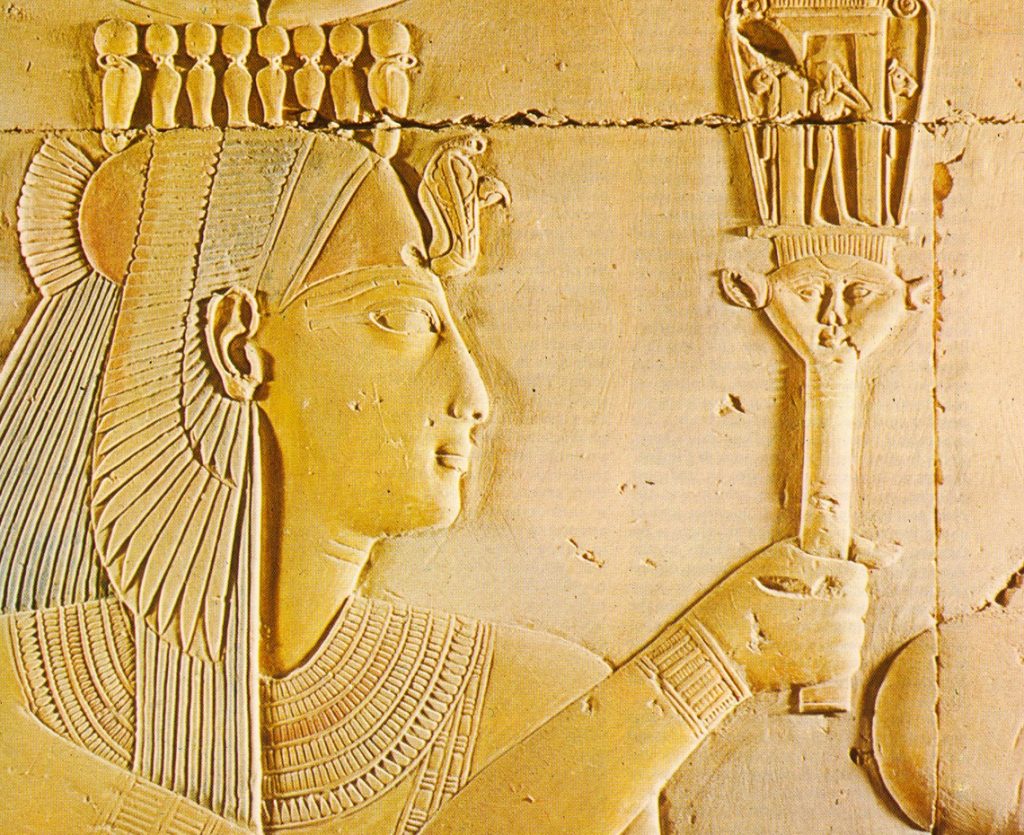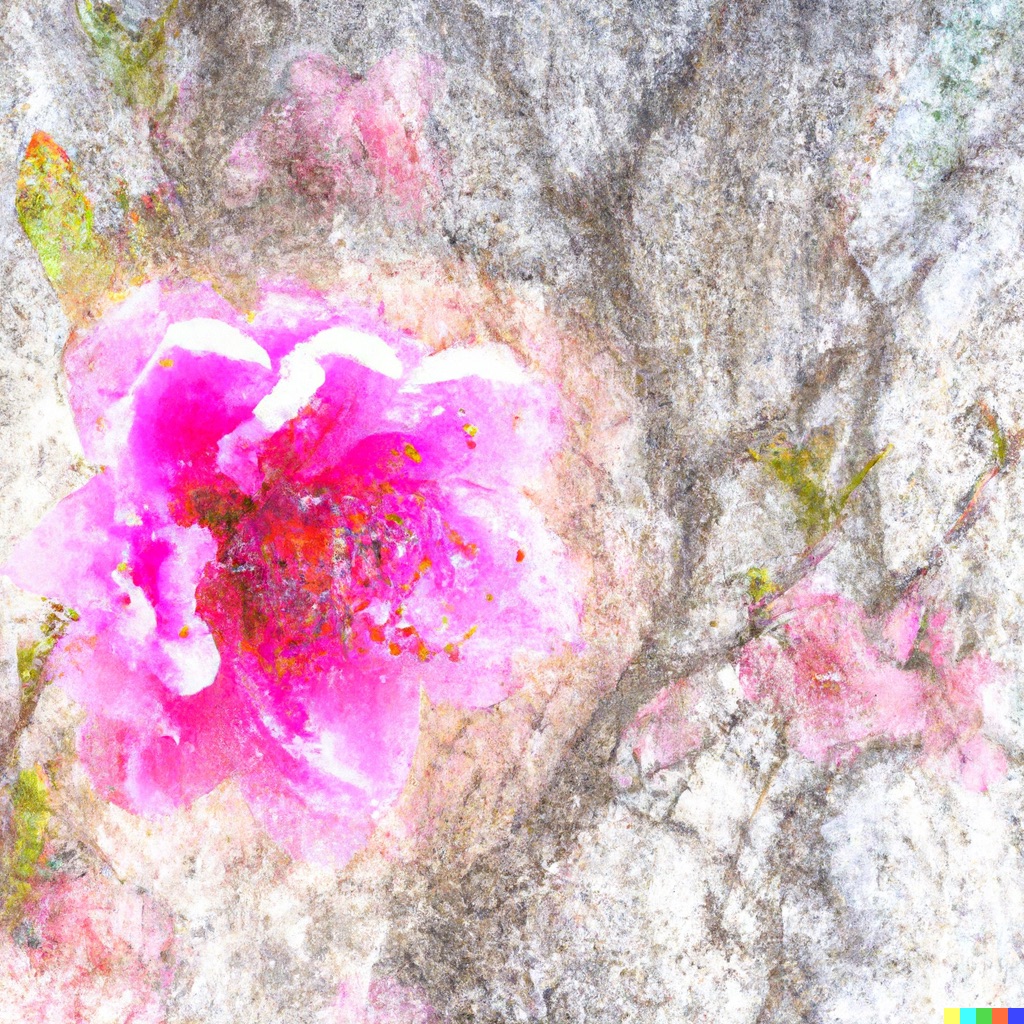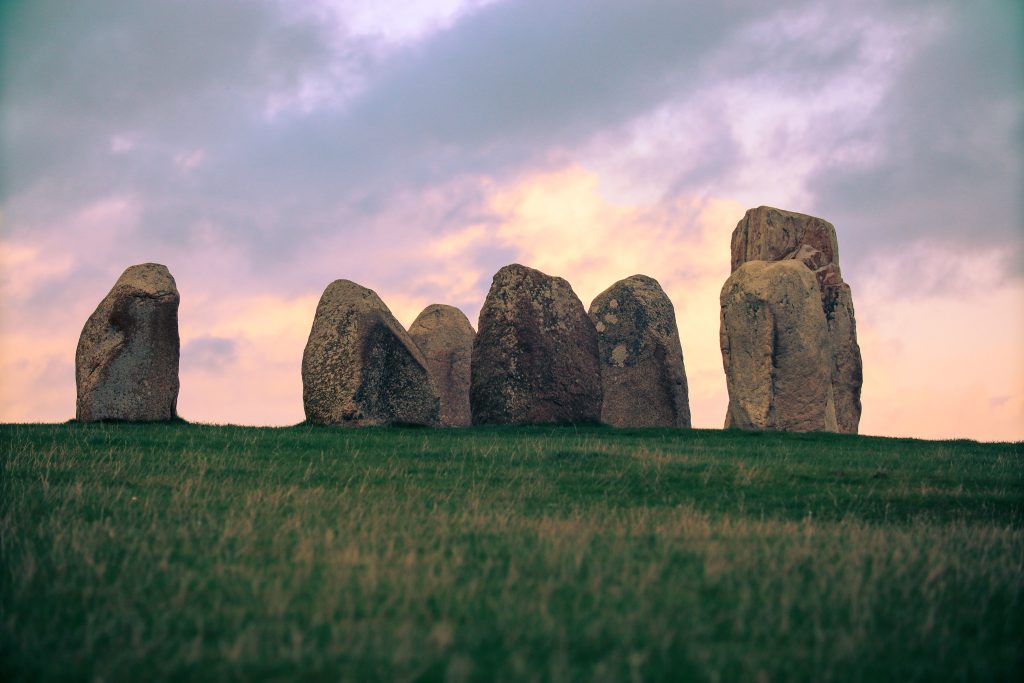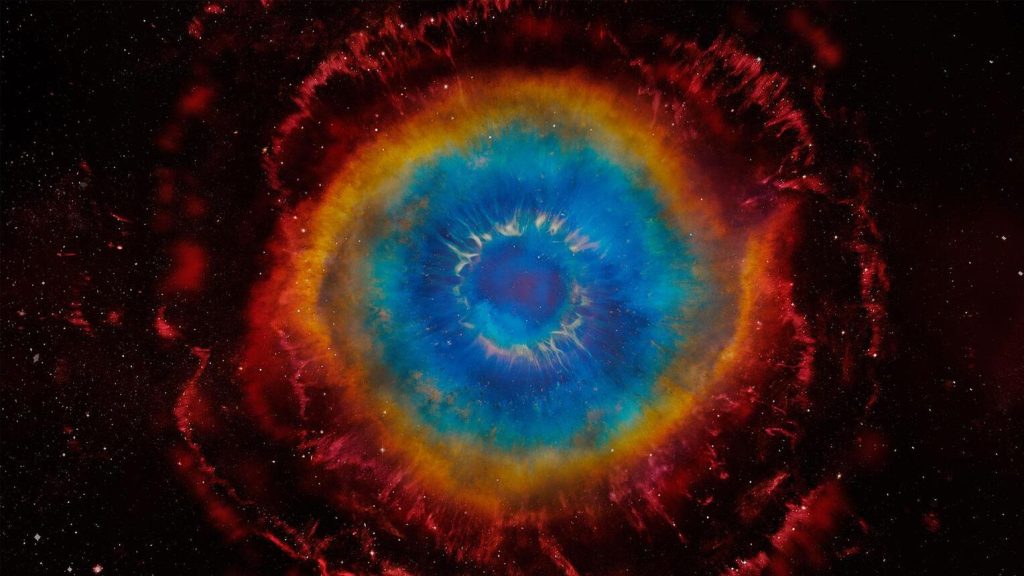Original Politics and the Future of Love
Original Politics
One of the biggest differences between traditional Indigenous politics and any other form of politics is that a traditional council takes into consideration the impacts to the web of life in whatever political decisions are made. The actions of the tribe are considered in light of their effect on the next seven generations.
I call this original politics, because all politics, including Western politics, once operated this way. In the West, since the era of Socrates, the “greater good” was redefined to mean the greater good for humans, whereas a Native worldview looks through a wider lens, considering the impact on all our relations. A governing board with this ethic is inherently ecological. Its leaders need not be prodded by an environmental movement to achieve their agenda.
It is understood, as Chief Seattle said:
The earth does not belong to man; man belongs to the earth.
All things are connected like the blood that unites us all.
Man did not weave the web of life; he is merely a strand in it.
Whatever he does to the web, he does to himself.
Traditional Indigenous ecological knowledge was shunted aside in the past five hundred years while Euro-American culture went about ravaging the earth. The ecology is now suffering the consequences of such mismanagement and lack of vision. Thankfully, Indigenous knowledge is emerging once again. While ecological conditions may seem dire, Indigenous wisdom has the potential to mitigate, if not completely reverse, the destruction that has already occurred.
If the whole of humanity understood that what we do to the web of life we also do to ourself, our core consciousness, and all our actions, would shift. Indigenous consciousness goes back to original teachings that have been passed on for hundreds of generations, often referred to as original instructions.
In truth, these instructions have never disappeared, even as they were ignored by mainstream society in the rush toward progress. Traditional ecological knowledge (TEK) is now coming back, if under different names, such as the biodynamic farming of Rudolph Steiner in the early twentieth century and the permaculture movement of Bill Mollison about a half century later.
It was not until the 1960s that the modern environmental movement began in earnest. Awareness of our radical interconnection with nature resurfaced with the publication of Rachel Carson’s landmark book Silent Spring in the fall of 1962. This resulted in subsequent public policy shifts, beginning with passage of the Clean Air and Clean Water Acts in the 1970s. What happened in America was part of a worldwide awakening. The 1970s was also the time of the permaculture revolution in Australia.
These are the various seeds of love emerging in the world today. The world is beginning to wake up, remember, acknowledge, and apply the perennial wisdom of our ancestors toward today’s seemingly intractable challenges. Traditional Indigenous ecological knowledge and traditional women’s knowledge are returning. They both speak to love and wholeness.
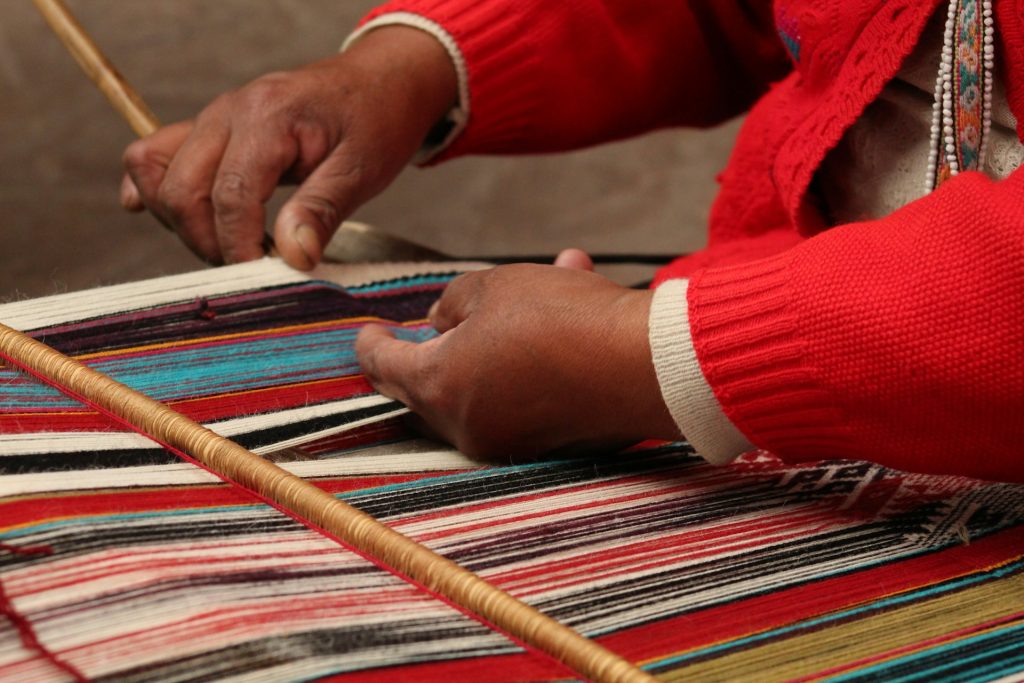
These seeds of love have now been planted in our hearts. Our task is to remember how our hearts beat in sync with the heartbeat of Mother Earth. We can feel it in our bones. A revolution of love is just around the bend. It is a revolution not only of love, but of wisdom, compassion, and respect for the entirety of life.
I am grateful for this moment. It is an important time to be alive.
The Future of Love
Indigenous and feminine wisdom are re-emerging, and together they will bring us a little bit closer to a more balanced, harmonious world. But this is not the end goal; it is only a beginning.
A luminous doorway is opening—on the other side is the future of love. It will take courage to cross that threshold, for it is difficult to leave behind what is familiar and comforting. Yet that is our destiny.
If we assume the future will be a linear progression of current events this will mislead us, for that is not how things typically unfold. The future of love will be a blend of modern knowledge and perennial wisdom repurposed for today.
In some ways, the future of love will be closer to our remote past, when relations between the sexes were more harmonious. In other ways, we will reach a new level of kindness, compassion, and wisdom. At the moment, a positive, loving future may seem improbable to those struggling with their personal relationships, not to mention the political strife and earth changes all of us are currently experiencing. Yet a better world is coming; of this I am certain.
Humanity will create a better world when we no longer seek to transcend and exploit this world. I do not know how long this will take, but eventually we will be forced to adopt a more integral way of being in the world, which is really a feminine impulse to be harmoniously nested in nature. This will not create a perfect utopia, but it will be a more loving, compassionate, and wiser world.
 The difference between our ancient forebears and our future loving selves is one of integration. We will become the luminous, loving beings we once were, only this time at a higher level of consciousness. Our earlier self was radically interconnected with all of creation in an archaic, womb-like love. The future human will recover this ancient all-embracing love without abandoning the best of our evolutionary development along the way.
The difference between our ancient forebears and our future loving selves is one of integration. We will become the luminous, loving beings we once were, only this time at a higher level of consciousness. Our earlier self was radically interconnected with all of creation in an archaic, womb-like love. The future human will recover this ancient all-embracing love without abandoning the best of our evolutionary development along the way.
Anishinaabe elder William Commanda spoke of this process in the Seventh Fire prophecy:
A time is coming in which a new people will emerge and retrace their steps through the ages to find the wisdom left on the side of the trail.
This is the task of our times—to recover the wisdom of the ages and repurpose it for tomorrow. Everything we have ever learned about love, wisdom, and compassion needs to be remembered and revitalized.
A preview from Glenn Aparicio Parry’s book, Original Love: A Timeless Source of Wholeness, with kind permission of the author. Release Date: January 15, 2026 from SelectBooks



